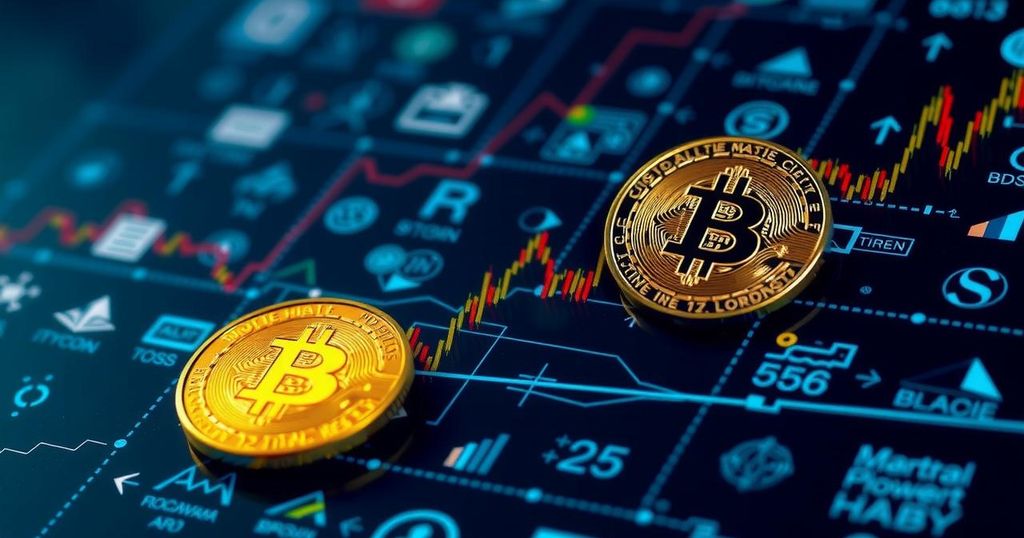Venezuela’s BRICS Membership Aspirations Complicated by Brazilian Concerns
Brazil is expressing reservations about Venezuela’s potential membership in BRICS as the bloc prepares for its expansion at the Kazan summit. Key political tensions stemming from Venezuela’s disputed elections have complicated its bid for inclusion, with discussions around the expansion being held among diplomats and foreign ministers. The BRICS group aims to define its future role on the global stage, representing a significant segment of the world’s population and GDP.
The BRICS coalition, comprising Brazil, Russia, India, China, and South Africa, is poised to announce the expansion of its membership at the upcoming summit in Kazan, Russia, scheduled for October. However, Venezuela’s bid for inclusion remains precarious. Brazilian officials disclosed that Venezuela was omitted from an initial list of potential new members circulated by Russia at last week’s United Nations General Assembly. As the nation currently presides over BRICS, Russia is working toward a consensus on the selected countries for this round of expansions. Belarusian Foreign Minister Maxim Ryzhenkov hinted at the possibility of inviting at least ten new members. Earlier this year, BRICS expanded to incorporate Iran, Ethiopia, the United Arab Emirates, and Egypt. Nevertheless, discussions regarding further expansion have thus far been limited to diplomats and foreign ministers, and no definitive decisions have been reached as of yet. Tensions between the governments of Brazil and Venezuela have intensified in light of the disputed elections in Venezuela, held in July. Brazilian President Luiz Inacio Lula da Silva, alongside other international players, has repeatedly called upon Venezuela’s National Electoral Council to release comprehensive voting records substantiating the veracity of the election results, which resulted in President Nicolas Maduro’s controversial re-election. Furthermore, Brazil’s apprehensions extend to Nicaragua as well; officials there reportedly blocked invitations for the nation, closely aligned with Russia under President Daniel Ortega, due to diplomatic frictions this past year. Concurrently, Foreign Minister Yván Gil of Venezuela has expressed the country’s active participation in BRICS discussions, awaiting formal acceptance into the bloc. President Maduro has also warned of potential oil and gas block transfers to BRICS nations in the wake of increasing U.S. pressures regarding the election results, widely seen as tainted by irregularities. The forthcoming expansion may lead to the inclusion of new countries as partner nations rather than full-fledged members. Additionally, BRICS nations are intending to craft a unified payment and settlement framework to facilitate intra-group trade, according to statements made by Russian President Vladimir Putin in recent meetings. Notably, BRICS countries currently account for approximately 46% of the global population and over 36% of the world’s GDP.
The BRICS coalition represents a major grouping of emerging market economies that has sought to exert significant influence on global governance and economic policy. Traditionally focused on cooperation and economic collaboration among member states, BRICS is also aiming to enhance its geopolitical stance through expansion. The upcoming summit in Kazan signifies a pivotal moment for the bloc as it explores the potential for additional members, a move that is anticipated to shape the future dynamics of international relations. Venezuela’s aspirations to join BRICS contrasts with the complex political landscape following its domestic electoral controversies and ongoing scrutiny from neighboring countries, particularly Brazil.
In summary, the future of Venezuela’s inclusion in BRICS is presently uncertain, marked by emerging diplomatic tensions between Brazil and Venezuela. While the bloc prepares for expansion, Brazil’s apprehensions over the political situation in Venezuela may hinder its bid for membership. The upcoming Kazan summit will serve as a crucial platform for determining the direction of BRICS expansion and solidifying the coalition’s influence on global economic and political affairs.
Original Source: www.intellinews.com








Post Comment